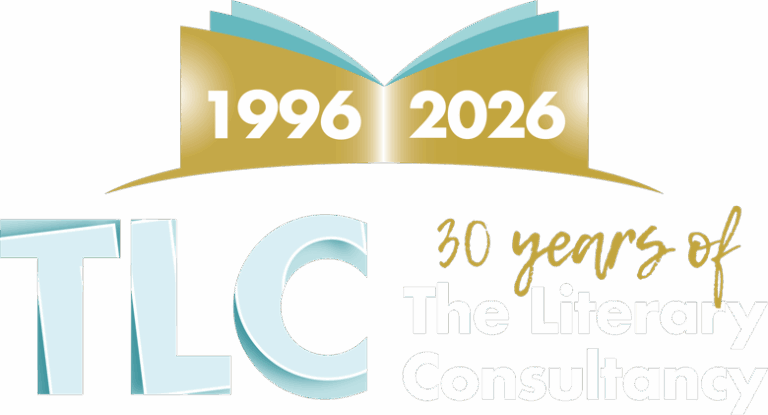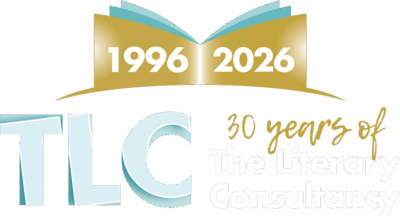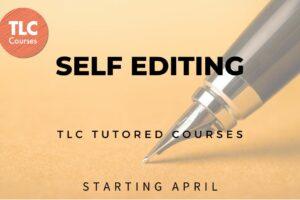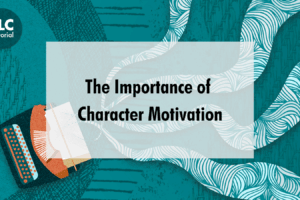Here, TLC Mentee and Creative Future Writing Award winner Pauline Walker conducts an interview with her TLC Mentor, Tom Bromley. And, to mix things up, we thought it would be fun to let Tom ask Pauline some questions too!
Pauline Walker: You’re a published author, editor, creative writing tutor and ghost writer, as well as being one of the founders and directors of the Salisbury Literary Festival. Why did you become a mentor?
Tom Bromley: Good question. I think it comes from the fact I used to be a commissioning editor for many years, and through that got used to working with authors one to one, particularly with debut authors who were new to writing. I enjoyed that, so getting involved in mentoring seemed a sensible thing to do.
PW: How do you build rapport/trust with a mentee?
TB: I find it really useful at the beginning of the process to speak to the mentee and get a sense of where they’re coming from and what their hopes from the scheme are. But as the scheme progresses, honesty in the feedback is paramount: the mentee might not always like what you’ve got to say, but will respect you for being straight with them about what the novel needs.
Honesty in the feedback is paramount: the mentee might not always like what you’ve got to say, but will respect you for being straight with them about what the novel needs.
PW: If you’re encouraging a potential mentee to think about mentoring what would you say are the key things that the mentee should bear in mind throughout the process?
TB: I think the key thing to consider is whether the process of having feedback as you are writing is beneficial or not. Sometime with writing, it’s really useful to have a dialogue and discussion as you’re working through. But there are other times when you just need to get your head down and write. At that point, it is better to think about report once you’ve completed a script, rather than being interrupted during the writing of it.
PW: What’s the most valuable piece of advice you’ve ever given to a mentee?
TB: That’s probably a question a mentee might answer better! But the advice I give that comes up more than any other is to write forwards and finish the script first rather than go back and edit what you’ve written. It’s really tempting, but you lose all momentum by doing so. And it’s only when you’ve got a full script down that you can really see the bigger picture stuff that needs doing. So unless there’s a major plot change that alters the structure, always press on with that first draft until it’s complete.

Tom Bromley: I’m in the lucky position of having read your work, so already know the answer to this, but how would describe what your book is about? And what was the original starting point of inspiration behind it?
Pauline Walker: The book is set in the near future, in a recognisable world, where a right-wing party wins the general election and sets about repatriating immigrants and their descendants. The story centres on two protagonists, a married mixed-race couple, Claudia and Alec who are separated when Claudia and her family (descendants of the Windrush generation) are “disappeared” and Alec, her white husband, sets out to find them, but there’s a big complication – Alec is the Prime Minister’s son and has lied about who he is to Claudia and her family. The story was inspired by the debates in the media after the leader of the BNP’s appearance on BBC Question Time in 2009. I asked myself the question, what would happen if immigrants and their descendants were made to leave the country they called home?
TB: I’m similarly intrigued to hear about mentoring from the other side. How did you find this as a process?
PW: I thoroughly enjoyed it. After reading an extract from my novel, along with the synopsis, Aki (TLC Director) suggested two potential mentors she thought would really engage with my work and sent me their credentials. I was excited when I read the breadth of experience on offer because I realised that I was going to gain a lot from whomever I chose to work with so the decision was really hard. In the end I went with my gut, I tend to follow my instincts and I think I made the right decision. I remember after our initial phone call to kick off the mentoring, feeling energised and excited about moving forward. It’s really valuable having someone invested in reading such a significant chunk of your work, 60,000 words, and giving you objective feedback after every 10,000 words. I reflected on each feedback report, they arrived within a couple of weeks after I’d sent in my extracts, and then I was able to put what I’d learned into the next piece of writing. I definitely think it made the work better as it progressed.
TB: Sometimes when you receive comments on your work, you immediately recognise the points made. At other times, they can flag up different issues. Which areas did the reports mention that most surprised you about your work? And in which ways did your novel change the most?
It’s like a literary jigsaw puzzle putting all the pieces together and playing with scenes, moving things around, trying to craft the chapters (where to start and end for impact), getting rid of waffle and tightening things up.
PW: I was very impressed by the thoroughness of the reports with the first couple of reports covering sections on plot and structure, characterisation, description, dialogue and body language, and general writing points. Later reports focused on each chapter and what needed to be done to finesse the storytelling as well as what was working well.
I’d written quite a few dark scenes but hadn’t realised how many there were! Your advice “the questions of the right level of darkness is also a point to consider…think about how much is needed to take the narrative forward while also keeping the reader on board.” I’ve learnt that less is more and now I’m working on the second draft I’ve kept this at the forefront of my mind and making sure that the dark scenes that stay are the ones that are driving the story forward. Another area that surprised me was that some of the early chapters differed in terms of length, ranging from 3,000 to 6,000. I hadn’t realised that this was affecting the rhythm and flow of the story. This changed as I went on and my chapters became tighter and when I started the second draft I liberated those chapters with the delete button. I finished the first draft with over 100,000 words, now it’s hovering around 70,000.
TB: The one drawback from being a mentor on this process is that we follow the book so far, and then a second reader gets the whole script to read for the final report. How has the project gone since the end of my side of the mentoring? And where are you up to with your writing now.
PW: I got to the end of my first draft a couple of months after your side of the mentoring finished – a huge relief. I gave myself a few weeks off before starting the second draft. I was really excited when I got going again because by the end of the first draft I’d learned a lot about my characters, so going back to the beginning was fun as I was able to refine their characters and foreshadow things in the story – it’s like a literary jigsaw puzzle putting all the pieces together and playing with scenes, moving things around, trying to craft the chapters (where to start and end for impact), getting rid of waffle and tightening things up. For the earlier chapters, I was doing a lot of re-writing and now I’m in the later chapters it’s more like editing. I hope to finish the second draft during the summer and then the manuscript with be read by a reader at TLC and I’ll get another report, so I’m looking forward to those next steps.








